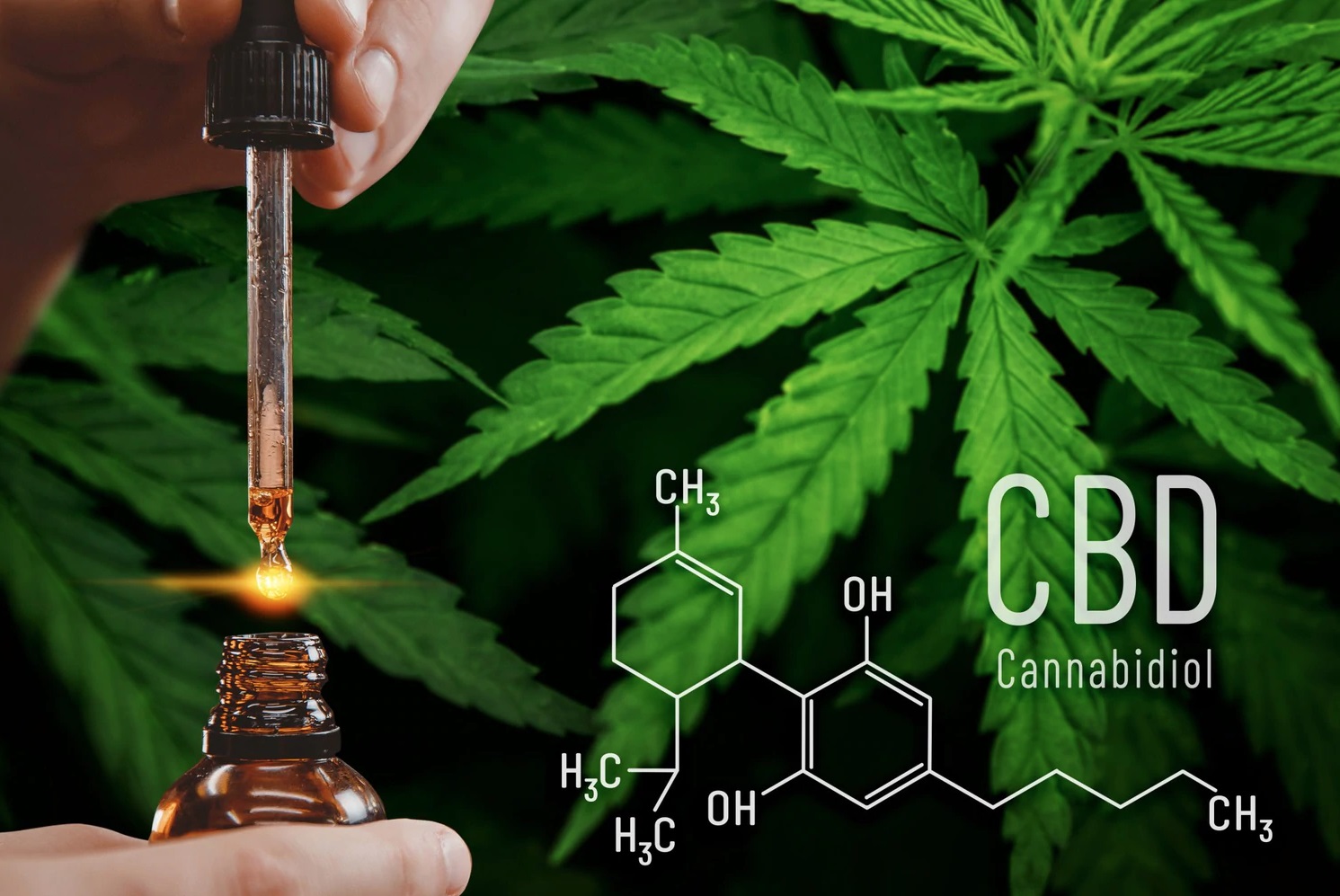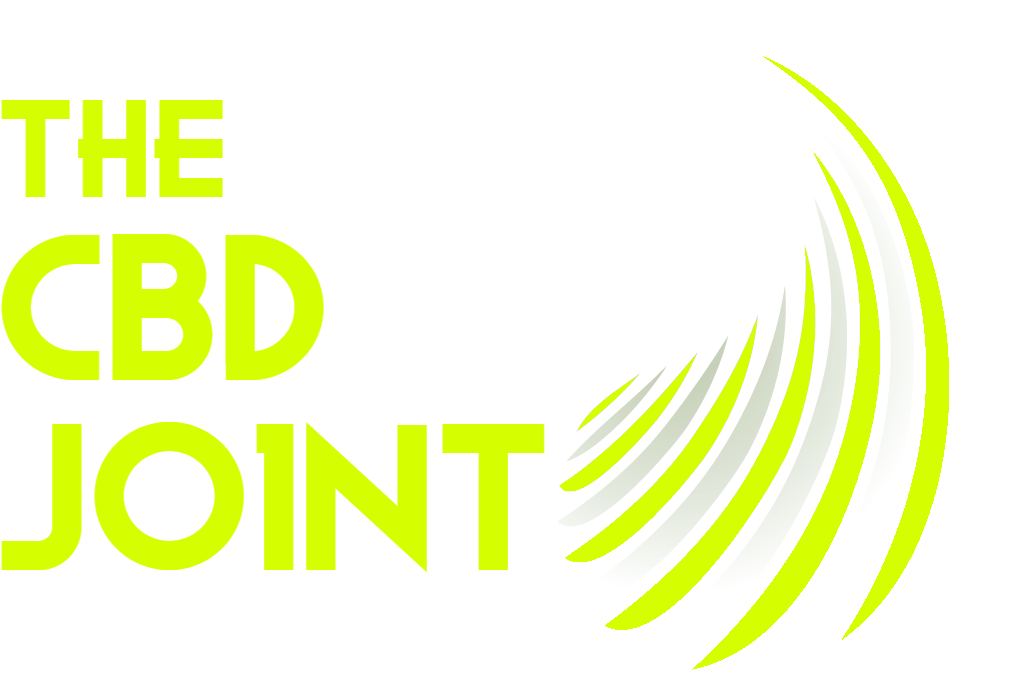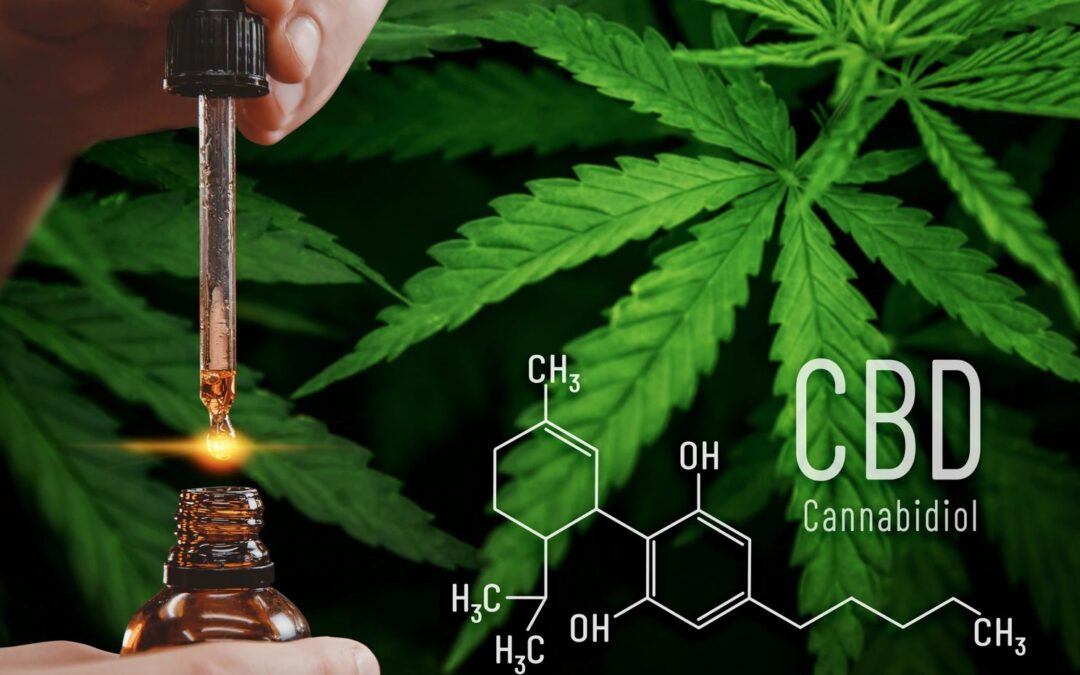
What is Cannabidiol? CBD stands for cannabidiol. It’s the second most prevalent active ingredient in cannabis. While CBD is an essential component of medical marijuana, it’s derived directly from the hemp plant, which is a cousin of the marijuana plant. While CBD is a component of marijuana (one of the hundreds of components), by itself it does not cause a “high” in the way that cannabis does. According to a report from the World Health Organization, “In humans, CBD exhibits no effects indicative of any abuse or dependence potential…. To date, there is no evidence of public health-related problems associated with the use of pure CBD.”
The passage of the 2018 Farm Bill made it legal to sell hemp and hemp products in the U.S. But that doesn’t mean that all hemp-derived cannabinoid products are completely legal. Since cannabinoid has been studied as a new drug, it can’t be legally included in foods or dietary supplements in many cases. Also, cannabinoid can’t be included in products marketed with therapeutic claims. Use caution when researching products labeled as dietary supplements on the market that contain cannabidiol. The amount of cannabidiol these products contain is not always reported accurately on the product label.
Cannabidiol is used for many reasons. Due to a lack of adequate scientific research, there is not enough evidence to support using CBD as an effective supplement for all of the ailments that have been claimed that it treats. It is important to speak with your doctor prior to using CBD.

